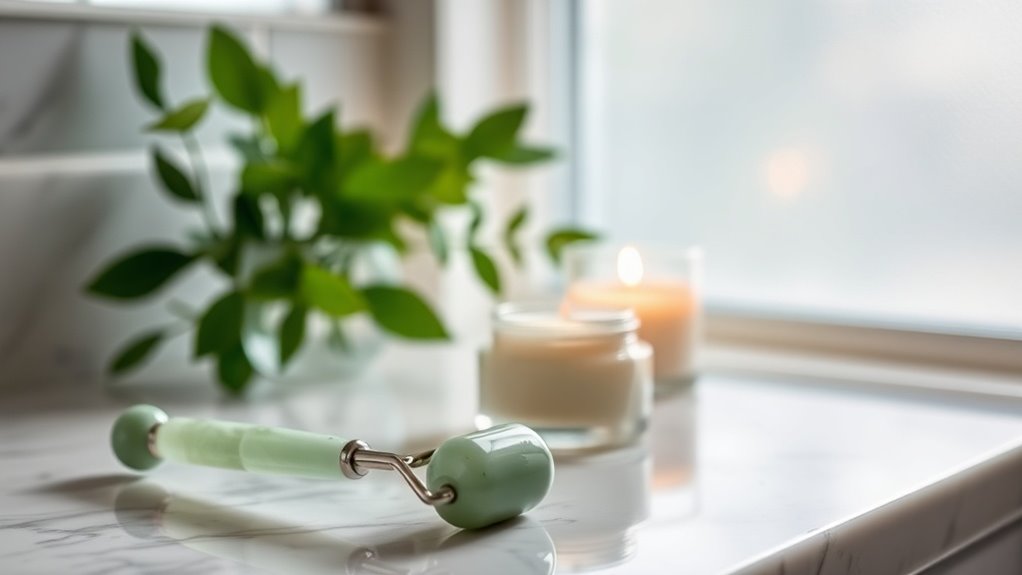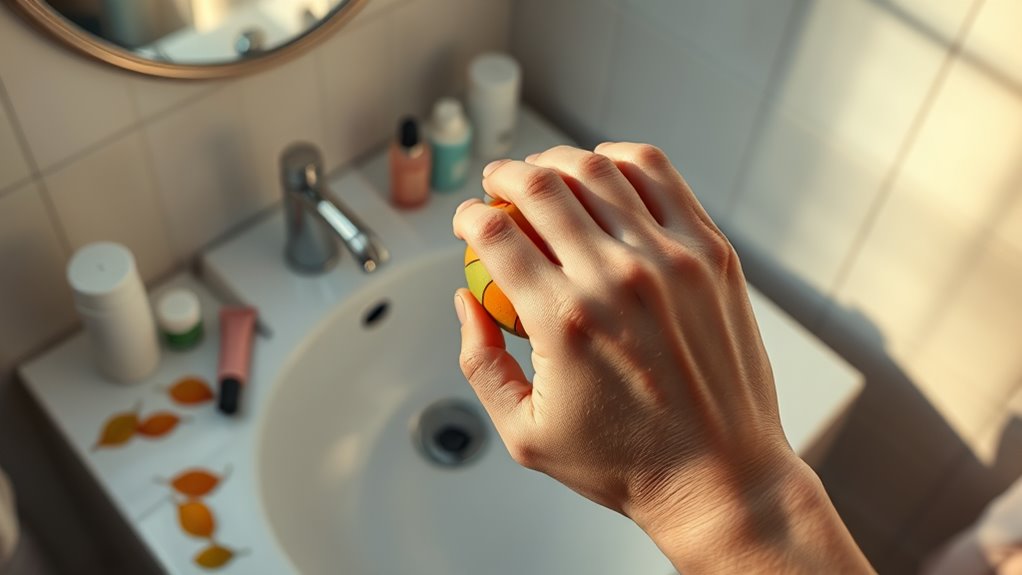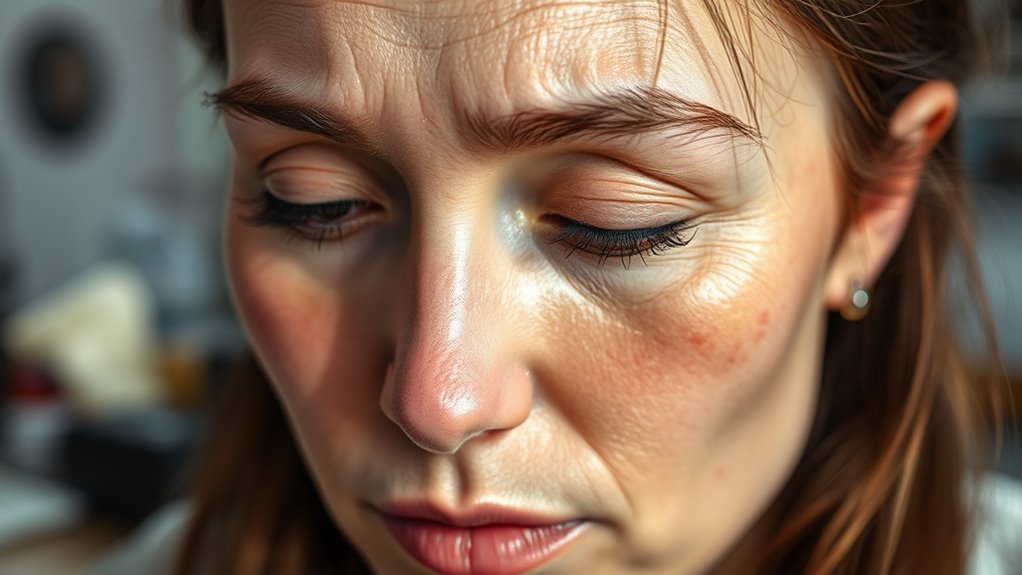How Stress Shows Up on Your Face – And How to Stop It
Stress can have a profound impact on your skin, revealing itself through fine lines, breakouts, and dark circles. These changes aren’t just superficial; they stem from hormonal imbalances and increased cortisol levels. Understanding how stress affects your face is crucial for taking control of your skin health. So, what can you do to mitigate these effects and achieve a clearer, healthier complexion? Let’s explore the connections and solutions that can help.
Understanding the Link Between Stress and Skin Health
As you navigate the ups and downs of daily life, it’s easy to overlook how stress can silently impact your skin.
Stress triggers hormonal changes, primarily increasing cortisol levels, which can lead to stress breakouts. These breakouts often manifest as acne, redness, or inflammation, disrupting your skin’s natural balance.
When you’re stressed, your body prioritizes survival, diverting resources away from maintaining healthy skin. You may also find yourself neglecting your skin care routine, exacerbating the problem.
Additionally, stress can lead to unhealthy habits like poor diet and lack of sleep, further compromising your skin’s health. This hormonal imbalance can further amplify skin issues, creating a cycle that is difficult to break.
Common Signs of Stress on the Face
When stress enters your life, it often shows up on your face in noticeable ways. You might experience various signs that indicate your body’s response to pressure. Here are some common signs of stress you should look out for:
| Sign of Stress | Description | Suggested Action |
|---|---|---|
| Fine Lines | Increased wrinkles | Hydrate and moisturize |
| Redness | Flushed skin or irritation | Use soothing products |
| Dark Circles | Puffiness under the eyes | Get enough sleep |
| Breakouts | Acne or skin blemishes | Maintain skincare routine |
Being aware of these signs can help you manage stress effectively and maintain healthier skin. Recognizing these symptoms is the first step to addressing the underlying issues. Additionally, understanding how emotional and physical stress can impact your skin health is crucial for effective management.
The Science Behind Stress-Induced Skin Issues
Understanding how stress impacts your skin requires a look into the biological processes triggered by pressure.
When you’re stressed, your body releases cortisol, a hormone that increases oil production in your skin. This excess oil can lead to clogged pores, acne, and other skin issues.
Additionally, stress reduces blood circulation, which decreases the flow of oxygen and essential nutrients to your skin, causing it to appear dull and lifeless.
Your immune system also takes a hit, making your skin more susceptible to infections and inflammation.
This combination of hormonal changes and impaired skin health can exacerbate conditions like eczema and psoriasis.
Addressing these underlying biological factors is essential for maintaining your skin’s resilience against stress, as dietary choices can also play a significant role in mitigating stress-related skin issues.
Effective Stress Management Techniques for Healthier Skin
To achieve healthier skin, incorporating effective stress management techniques into your daily routine is crucial. Start by prioritizing mindfulness practices like meditation and deep breathing; they help reduce tension. Regular physical exercise not only boosts endorphins but also improves blood circulation, enhancing your skin’s vibrancy. Additionally, using soothing ingredients in your skincare routine can further enhance the calming effects of your stress management practices.
Here’s a quick overview of techniques you can adopt:
| Technique | Frequency | Duration |
|---|---|---|
| Meditation | Daily | 10-15 minutes |
| Deep Breathing | Several times/day | 5 minutes each |
| Exercise | 3-5 times/week | 30 minutes |
| Journaling | Daily | 10 minutes |
| Yoga | 2-3 times/week | 30-60 minutes |
Incorporate these techniques to manage stress effectively and ultimately achieve healthier skin.
Skincare Tips to Combat Stress-Related Breakouts
Stress can wreak havoc on your skin, leading to breakouts that leave you feeling frustrated. To combat these stress-related blemishes, start by keeping your skin clean. Wash your face twice a day with a gentle cleanser to remove impurities and excess oil.
Incorporate a salicylic acid treatment to prevent clogged pores. Moisturizing is crucial too; opt for oil-free, non-comedogenic products to keep your skin hydrated without causing further breakouts. Don’t forget sunscreen—select a formula that protects while remaining lightweight.
Lastly, consider adding a calming serum with ingredients like chamomile or green tea to soothe inflammation. Additionally, preventing acne through lifestyle changes, such as stress management techniques, can also be beneficial. By establishing this routine, you’ll not only address breakouts but also enhance your skin’s overall health.




